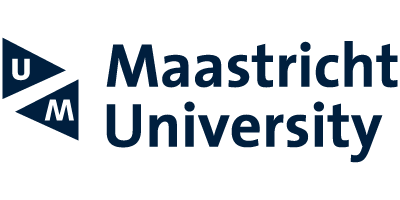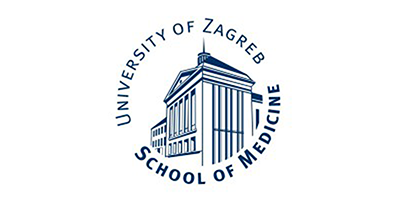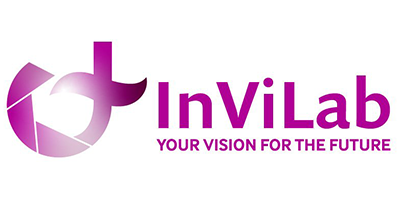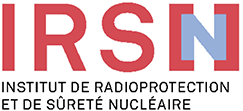VERIFIED
In vivo patient-specific real-time dosimetry for adaptive radiotherapy
Project news
VERIFIED project at ERPW 2024

22.8.2024
Results of VERIFIED project will be presented at ERPW 2024 in Italy.
Project objectives and goals
The primary objective of the VERIFIED project is to develop dynamic end-to-end methods that closely simulate real patient treatments. Our project encompasses several key objectives. First, it involves the development and characterization of appropriate phantoms featuring movable and deformable inserts, specifically targeting lung and brain tumors for ART. Additionally, we focus on investigating individualized patient-specific real-time dosimetry in cases of non-small-cell lung cancer using Volumetric Modulated Arc Therapy (ART-VMAT).
This approach enables accurate and timely monitoring of radiation doses. development of a real-time dose prediction protocol for non-small-cell lung and bladder tumors ART-VMAT. This protocol combines data obtained from the developed dynamic phantoms and the patient-specific real-time dosimetry system. Deep learning algorithms are employed to enhance the accuracy of dose prediction. Furthermore, an image-based system is being implemented to monitor the patient's head surface during in adaptive hypofractionated Gamma Knife radiosurgery (hfGKRS) for brain tumors, ensuring precise treatment delivery.
Additionally, we will analyze the data obtained from the patient's head surface monitoring system, incorporating deep learning-based algorithms to generate a protocol for patient selection in hfGKRS.The proposed protocols integrate state-of-the-art deep learning methods with patient specific real-time dosimetry in ART-VMAT and real-time position imaging in hfGKRS, effectively addressing several unmet needs in adaptive radiotherapy.
These protocols encompass adaptability assessment, dosimetric verification, imaging validation, plan evaluation metrics, and treatment efficiency. By leveraging the power of real-time dosimetry, imaging, and deep learning, treatment efficacy can be enhanced while minimizing toxicity and radiation-induced side effects, ultimately resulting in improved patient outcomes in radiotherapy.
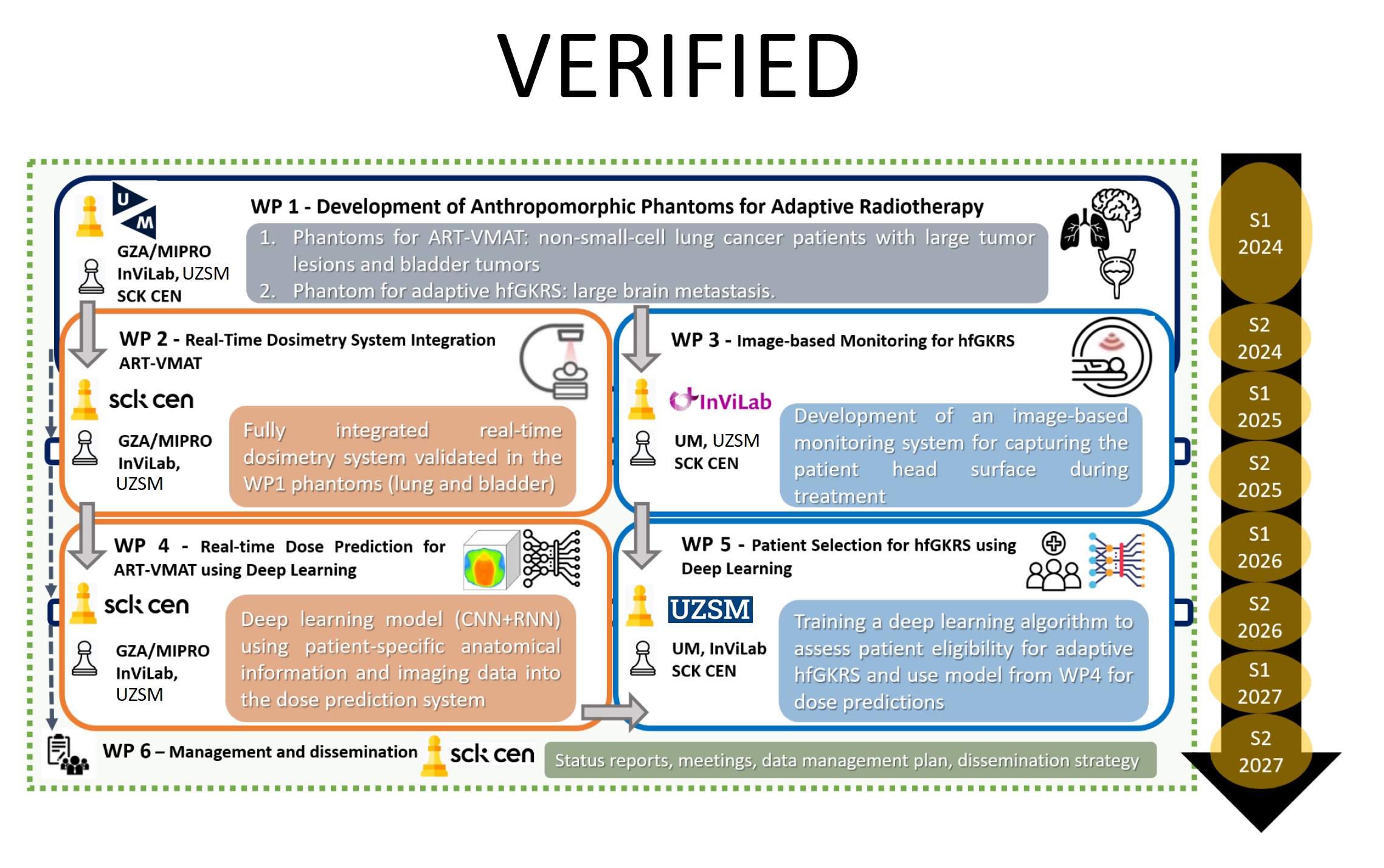
Project coordinator
Luana de Freitas Nascimento, Belgian Nuclear Research Centre (SCK CEN), Belgium
Project partners
Belgian Nuclear Research Centre
University of Maastricht
University of Zagreb School of Medicine
InViLab-University of Antwerp
Universitair Ziekenhuis Antwerpen
Belgium
Germany
Croatia
Belgium
Belgium

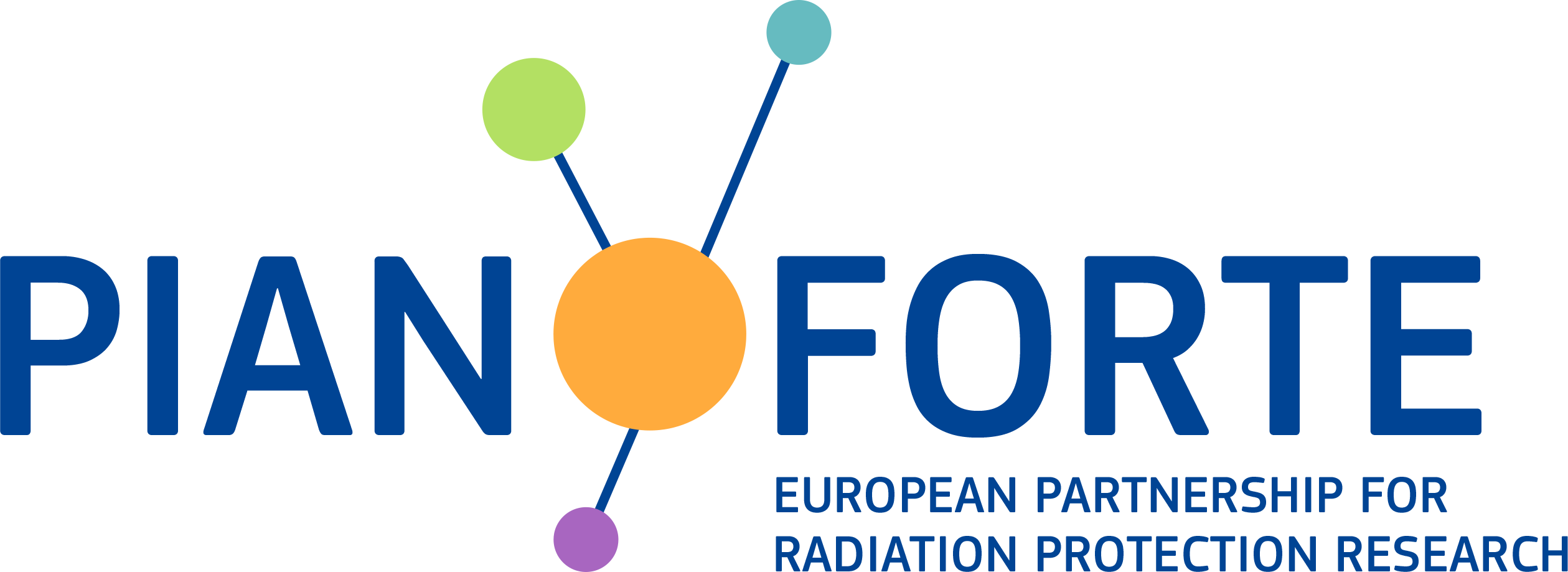



 22.8.2024
22.8.2024

